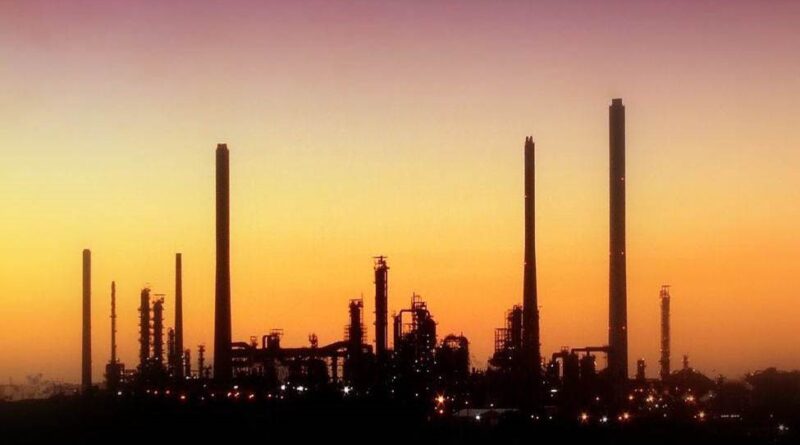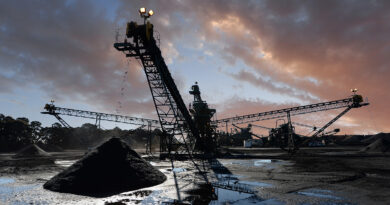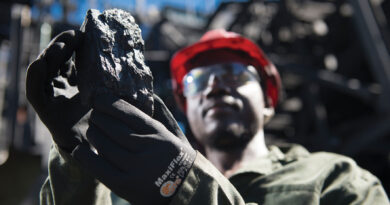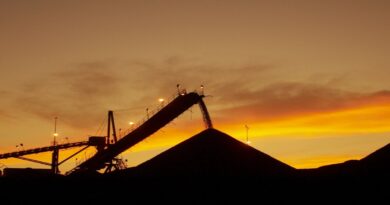Namibia’s oil can triple the size of its economy
Offshore exploration in Namibia started in the 1970s when Chevron discovered the Kudu gas field in shallow water. This discovery was never developed (until recently by BW Energy setting up a gas-to-electricity project). and, for several decades, there was limited interest from major international oil companies in exploring the country’s oil and gas potential.
Everything changed with the announcement of major discoveries in 2022 by Shell with its Graff discovery, and TotalEnergies with the Venus-1 discovery, which is Africa’s largest ever Sub-Saharan oil find and TotalEnergies largest discovery in approximately 20 years.
Over the past two and half years, exploration activity in the region accelerated dramatically.
One of the next most significant finds was in April 2024 at Portugal’s Galp Energia’s Mopane field, with an estimated 10 billion barrels of oil equivalent. Galp are now drilling their sixth well, after five back-to-back successful discoveries.
For Namibia, these discoveries could potentially triple the size of the country’s economy and it is keen to fast-track developments as fast as possible.
Global oil market
Despite recent falls in the price of oil and ongoing narrative of the energy transition away from fossil fuels, global oil demand is only expected to increase, just as supply threatens to tighten due to underinvestment across the industry.
Even the head of the International Energy Agency (IEA), which called for no new oil and gas projects to reach net-zero by 2050, now warns that upstream investment is essential for global energy security.
The IEA’s March 2025 Monthly Oil Market Report forecasts more than 1 million barrels per day (b/d) demand growth in 2025, accelerating from 830,000 b/d growth in 2024.
Forecasts on oil demand growth vary significantly, but we err on the side of OPEC which recently boosted their long-term demand outlook. For example, if you look at coal demand continue to grow, it’s unlikely oil will do otherwise, even as other sources of energy supply come online. In short, the world still runs on oil.




